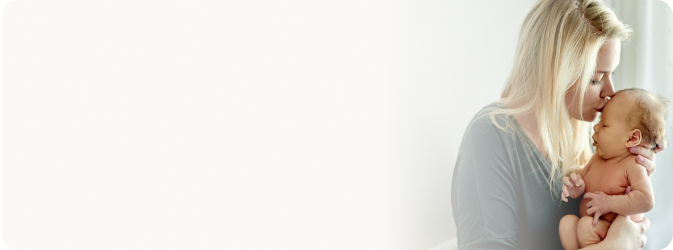
Parents


Life & Relationships
Having a baby is a life-altering event that’s bound to affect your relationships, from your partner to your family and friends. But don’t be scared of change! Get parents tips and relationship advice from leading experts to help navigate these new dynamics.
Work & Career
Whether you’re looking for parent advice about reentering the workforce or finding balance in your role as a working parent, we have you covered. Our articles offer parents tips for everything that falls at the intersection of parenthood and careers.
Postpartum Depression
The postpartum period and early parenthood is an emotional roller coaster that affects everyone a bit differently—but if you think you’re experiencing postpartum depression, you’re not alone. Read on for more information about postpartum mood and anxiety disorders and how to find treatment.
Fitness & Exercise
Raising a little one doesn’t have to mean putting your fitness goals on the backburner. Check out our exercise guides for parent tips on ways to stay active—because parenting requires every ounce of strength.
Community Forums
Sometimes you just need to hear from another parent who’s in the thick of it, just like you. That’s why we’ve created community forums! Join our parenting forums to make connections, ask questions and offer your own parent advice.































